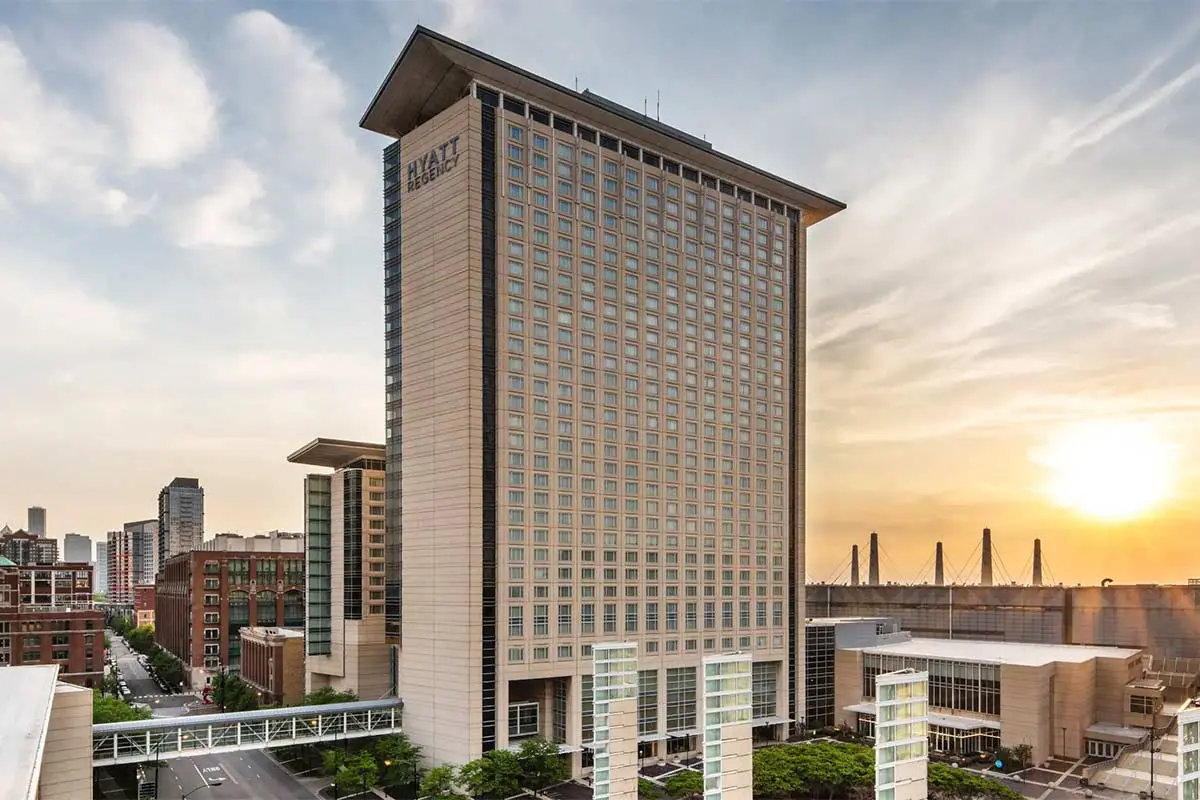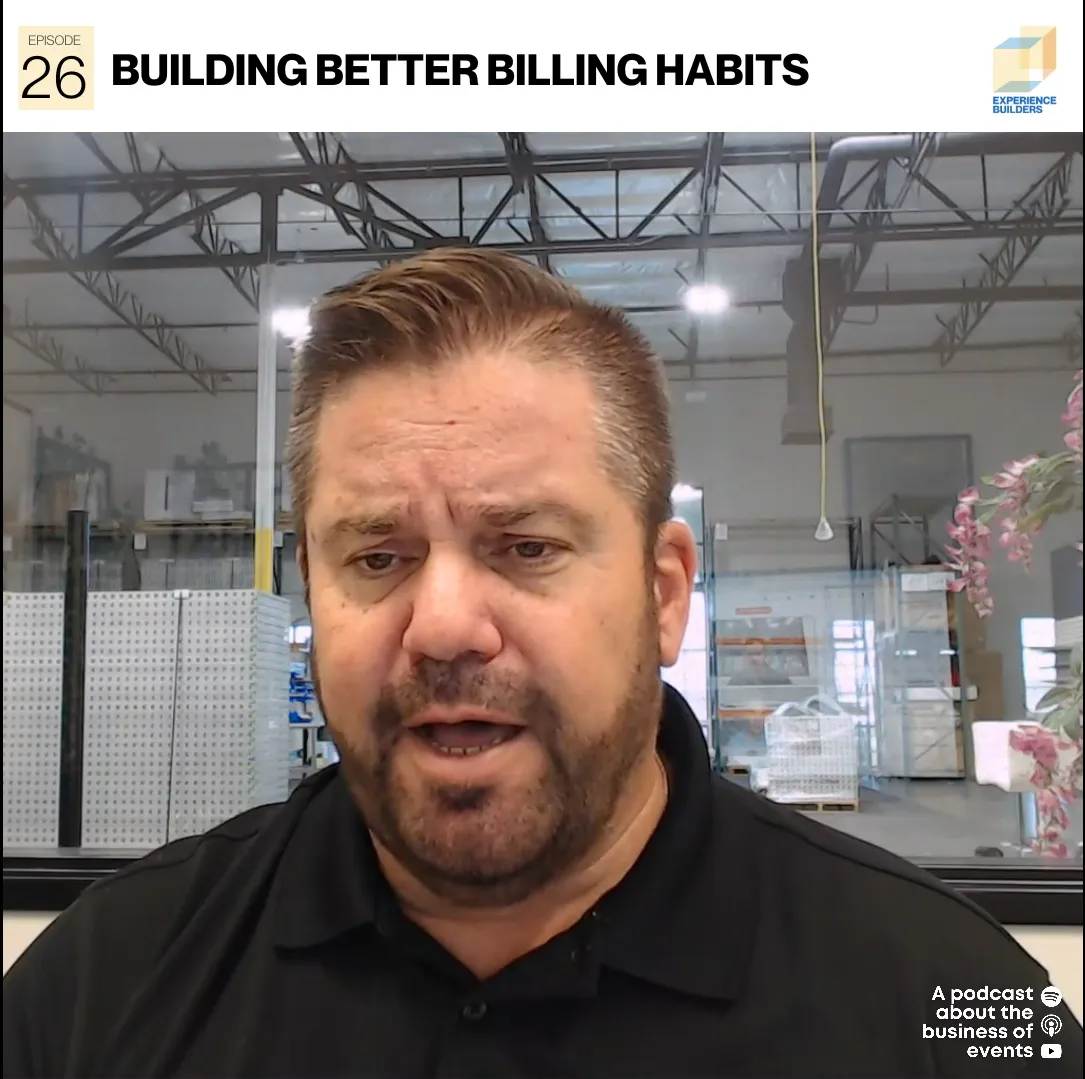by Melissa Skipworth
In the tradeshow, event production and corporate event industries, the housing of traveling teams is a recurring—and often rising—expense. Las Vegas, Orlando, and Chicago serve as major hubs for conventions and exhibitions, drawing millions of visitors each year. For companies that send install and dismantle crews and supervisors to these markets multiple times a year, lodging often becomes one of the largest line items.
Traditionally, the options have been hotels or short-term rentals such as Airbnb and VRBO, with rates that fluctuate based on demand, event schedules and seasonality. Increasingly, some organizations are exploring a third option: purchasing properties in key markets for dedicated corporate housing.
That shift turns lodging from a volatile, variable expense into a predictable fixed-asset strategy—one that can deliver financial, operational, and employee-experience benefits.
Why Real Estate Can Make Financial Sense
For companies with frequent and predictable travel, ownership often costs less than nightly accommodations.
Cost stability: Hotel and rental rates spike during major conventions. Ownership provides consistent monthly costs and shields companies from surges during events such as CES in Las Vegas, NPE The Plastics Show in Orlando, and National Restaurant Association (NRA) Show in Chicago.
Asset appreciation: Properties in convention cities have demonstrated long-term value growth. Holding real estate in these markets can deliver appreciation alongside operational savings.
Tax advantages: When structured under a business entity, ownership can provide deductions for depreciation, mortgage interest and expenses. Unused periods can generate income through mid-term corporate rentals.
Operational Advantages
There are four big reasons to buy real estate. Guaranteed availability allows owners to avoid sold-out hotels or limited Airbnb inventory during peak events. The proximity to venues reduces transportation costs and time. The on-site storage cuts shipping costs by keeping equipment in-market. Lastly, as the owner of the property companies can ensure consistent standards for comfort, security, and amenities.
Workforce Impact
Corporate housing can improve employee well-being through the purchase of real estate. A home provides more personal space than a hotel and with kitchen and laundry, employees can establish familiar routines. Additionally, common areas that foster team cohesion while preserving privacy. These factors can reduce burnout and improve retention in industries with heavy travel demands.
When It Works Best
Ownership makes sense when travel is frequent and predictable. Other factors to consider are whether team size regularly fills the property, management resources exist, either internally or locally and if the company takes a long-term view of returns.
Risks and Considerations
Making investment decisions are not without their risks, however. Upfront costs, including down payment, closing and furnishing must be considered. Once a property is bought there will be ongoing maintenance and utilities. In the event that a company wishes to sell their property, market fluctuations affect resale and there will be an opportunity cost of tying up capital.
In Las Vegas, Orlando, and Chicago, extended lodging costs for I&D teams and supervisors can quickly surpass the monthly cost of owning a comparable property. While not universal, for organizations with frequent travel to these hubs, ownership can shift lodging from a recurring expense into a strategic investment—one that delivers financial, operational and workforce dividends.
|
City |
Airbnb Rates |
Hotel Rates |
Mortgage Costs |
30-Day Stay |
|
Las Vegas |
$130–$160 per night; median ~$162. |
Budget: $80–$150; Strip average: $160–$200; Luxury: $300–$340 |
$446,345 home |
30-day mid-range hotel/Airbnb: $4,800–$6,000 |
|
Orlando |
Annual ADR: $154–$205; Jan 2025 near Convention Center: $155–$190 |
Mid-range: $160–$200 |
4–5 BR home near Convention Center (~$450,000) |
30 nights @ $160/night = $4,800 higher than |
|
Chicago |
Standard: $148–$156; citywide short-term rental average: ~$248 |
Budget: $114–$160; Mid-range/Upscale: $150–$300+ |
Avg. monthly mortgage payment: $2,578 on 30-yr fixed loan |
30 nights @ $150/night budget hotel = $4,500 almost double the city’s average mortgage |
Source Attribution
Each figure in the article corresponds to publicly available data from reputable industry sources:
Airbnb & STR Metrics: Airbtics, AirROI, AirDNA
Hotel Rates: KAYAK, BudgetYourTrip, Las Vegas Convention and Visitors Authority (LVCVA), Universal Orlando expansions, Fox 35 Orlando
Mortgage Estimates: Aggregated from mortgage rate calculator and analytics sources: Bankrate, Investopedia, MarketWatch, Rocket Mortgage, Better.com
This story originally appeared as a truncated version in the Q4 2025 issue of Exhibit City News, p. 38. For original layout, visit https://issuu.com/exhibitcitynews/docs/exhibit_city_news_-_oct_nov_dec_2025/38.























